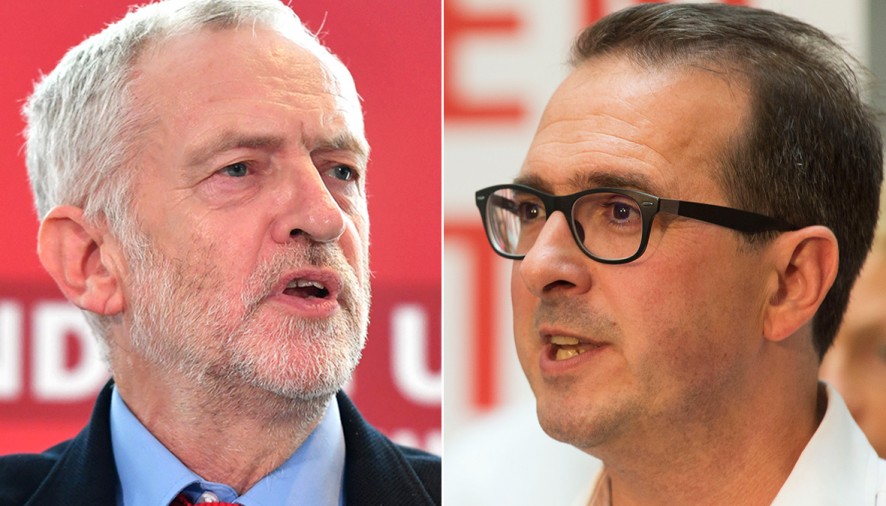The Tories. They’ve been in power for six years now, implementing a deeply unpopular programme of austerity; making numerous miscalculations along the way on things like tax credits, junior doctors and corruption scandals; enduring a civil war over Europe that saw a spectacular blue-on-blue bloodbath which forced a humiliating leadership change, claimed the scalps of a huge chunk of the cabinet, and left the country in a pile of steaming proverbial faeces.
And they’re fourteen points ahead in the latest opinion polls, with their new leader – the uncharismatic Theresa May – leading Corbyn by 52% to 18% on the question of who would make the best PM. Either way, it looks like she‘ll be PM for a long time; Electoral Calculus projects that the Tories will achieve a 50-seat majority in 2020 on current voting intentions, and that’s before taking into account boundary changes (which will bump that up to 90 seats).
Corbyn’s ability to hold on against a torrent of adversity that would have swept most other leaders away long ago is, in a way, admirable. But against this backdrop – in which a tired government whose policies are not and were never going to be popular has managed to give Labour a thumping in polls and projections – it looks downright stubborn. True, Corbyn did manage to get in a one-point poll lead earlier in the year, but frankly by this point Labour’s lead should be in the double digits.
While a lot of Corbyn’s policies make sense and are popular – for example, building more social housing and bringing some services back into public hands – many others, such as his stance on defence, are met with scepticism or opposition by the electorate. But however admirable his proposals, the brute fact is that, electorally, Corbyn hasn’t laid a glove on the government.
This is what it comes down to: a pure ideology isn’t worth a lot if you can’t do anything with it. And it doesn’t look like Labour will be implementing things any time soon. When the opposition leader ignores a vote of no confidence among his MPs that he lost by 132 votes and polls that are indicating Labour are going to get savaged at an election, it goes beyond being principled and into denying reality.
Politics necessarily involves compromise, which is something Corbyn hasn’t been prepared to show; he appears to be sanguine about continuing as leader even after Labour lose an election, and possibly even about a Labour split. This is losing sight of the bigger picture, because although protest, dissent and principles are crucial, they won’t be realised without a chance at government.
Although it’s far from clear that Owen Smith is the answer – he’s not well-known or high-profile and seems determined to mimic Corbyn as much as possible – the challenge is a step in the right direction. Corbyn has revived an interest in politics, and provoked debate on important policy questions, but the time has come for Labour to remember its function as a parliamentary party, which is getting into government and putting ideas into practice.
If the Labour party really do want to change things, then it’s no use shouting loudly from the sidelines; they need to have a credible chance at power. To do that, Corbyn needs to stand aside and Labour need to start expanding beyond that solid Corbyn base. Perhaps that means trading off some ideological credit, but politics is the “art of the possible”, and the “possible” isn’t always perfect.
Sam Robinson
Image: International Business Times

